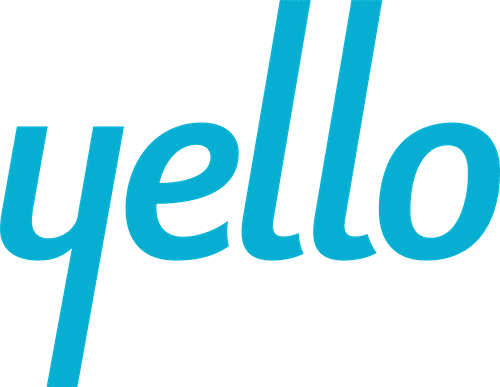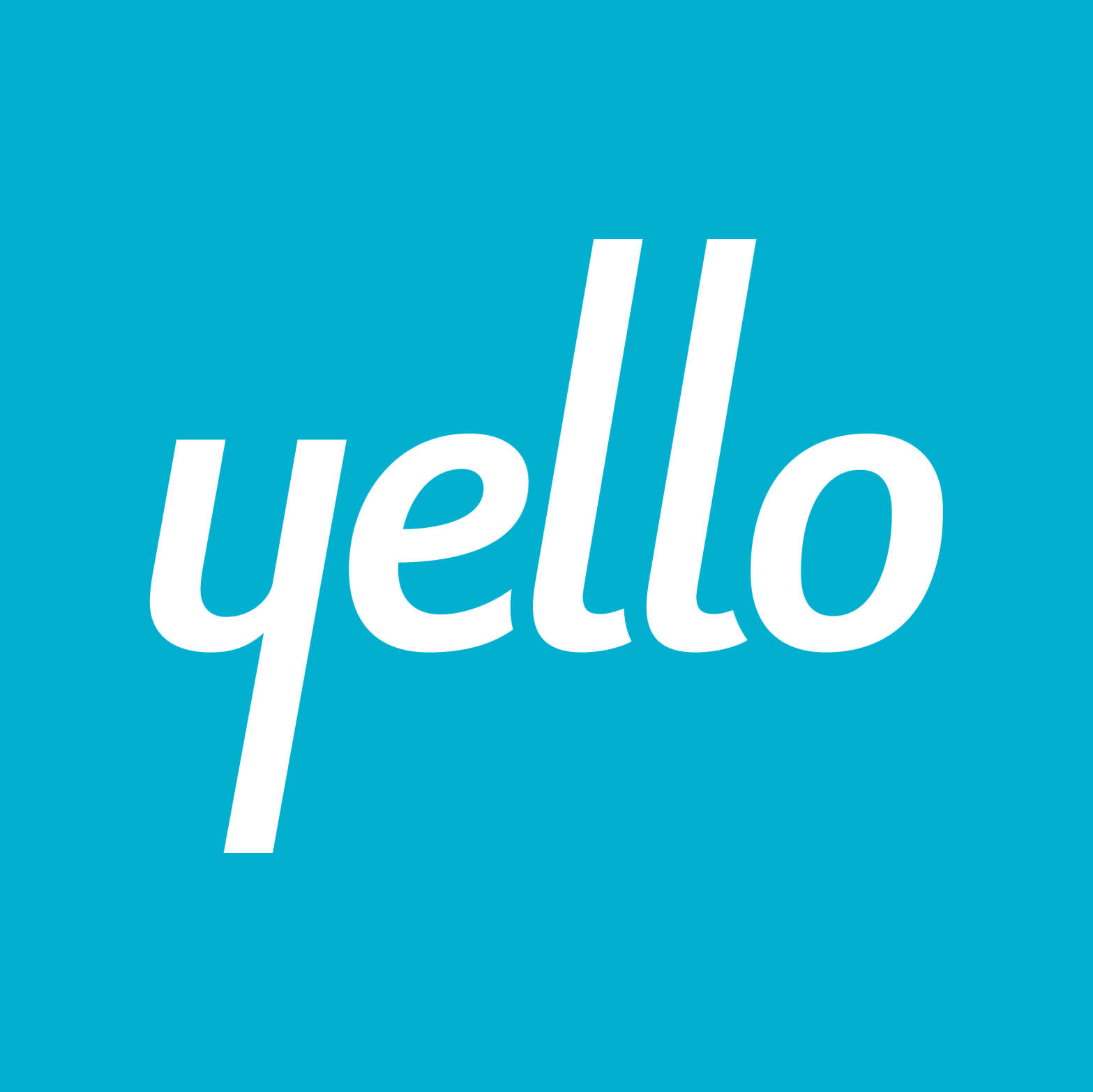Instead of chasing candidates and scrambling to fill requisitions, imagine having a steady influx of top talent, eager to work at your company. Take a page out of your marketing colleagues’ playbook and apply the principles of inbound marketing to your recruiting efforts, to build the candidate pipeline your talent acquisition team needs to quickly fill open roles. The primary goal of any inbound recruitment marketing strategy is to attract the attention of top talent and convert these job seekers into talent community members. Read on to learn the components of a successful inbound recruitment marketing program.
Building candidate personas
Before your inbound recruitment marketing program can attract the ideal candidates, your team needs to know who these candidates are. Who are you trying to reach for a given role? How much experience does she have? What are her interests? Where are the places you’re most likely to find her? Take everything you know about what you hope to find in a candidate, and assemble a composite. That’s a candidate persona. Then, create one for every type of role within the organization. Creating candidate personas will help your team focus content efforts, to attract the best candidates for every role.
Find out more about attracting top talent in The Ultimate Candidate Experience Guide.
Understanding the recruiting funnel
Think of the inbound recruitment marketing process as moving people through a three-stage funnel. Candidates at the top of the funnel may not know your organization at all, so content targeting this group should entice them to want to learn more about the company. The middle part of the funnel are candidates who have decided to join your talent community. They may not actively be looking for a position, but since you’re providing useful and interesting information, they’re willing to hear what you have to say. At the bottom of your funnel are candidates who are almost ready to apply for an open position. They’ve established a relationship with your brand, can imagine themselves working with you and are ready to apply, when the right position opens.
Creating relevant content
To successfully fuel an inbound recruitment marketing engine and meet the needs of various candidate personas, it’s important to create quality content and distribute it frequently. Your team can create this content, you can outsource it to freelance contributors, or partner with other internal teams, such as marketing or communication, for assistance. Examples of various sources of content are included below.
- Growth news: Share when your company’s growth is in the news. The fact that you’ve just closed a round of Series A, B, or C funding might not appeal to everyone in the funnel, but it can attract the attention of savvy candidates who are trying to target places where their skills can shine.
- New hire announcements: You don’t necessarily have to issue a press release to announce the hire of a fresh-from-dev-boot-camp junior software engineer, but this is an opportunity to share with your talent community. Every hire at every level represents an opportunity to engage someone in your talent pipeline. Consider doing a monthly new hire round-up email, to highlight the different levels of experience.
- Promotion announcements: Promotion announcements are inbound recruitment marketing gold, especially for candidates with career advancement goals. Nothing generates positive feelings about career prospects like a pattern of internal promotions.
- Thought leadership pieces: Keep track of your company’s thought leadership activity, and let talent community members know when an employee is quoted in an outside publication.
- Employee benefits information: A lot of companies obscure their benefits information from the public, which can be a missed opportunity for attracting candidates near the bottom of your funnel. Highlight these perks on the careers page.
- Career fair collateral: Everything your team brings to career fairs, from the table displays and banners to your exhibitor badges and leave-behinds, represents a chance to move a candidate further down your funnel.
- Company events and celebrations: Posting images from company events and special occasions on social channels like Twitter, Snapchat and Instagram is great way to showcase your culture.
- Message board comments: Whatever contribution you make to third-party sites counts as content and a chance to engage a candidate. Pay attention to sites like Glassdoor, LinkedIn, Indeed, and The Muse, and respond to every comment you find.
- Social media events: Social media can be so much more than a content channel. Creating and hosting events like Google Hangouts or Twitter Chats gives you the chance to reach a wider audience, while engaging some of your most loyal followers.
- Employee testimonials: Of all the sources of recruitment marketing content, nothing is quite as reassuring for potential employees as authentic, first-person testimonials from happy employees. Employee testimonials are a versatile form of communication that can be shared in a variety of formats, including video, text and live events.
- Job descriptions: Every job description represents an opportunity to energize job seekers and serve as a springboard to action, so take the time to assemble a description that stands out and presents your company—and the opportunity—in the best possible (and most accurate) light.



